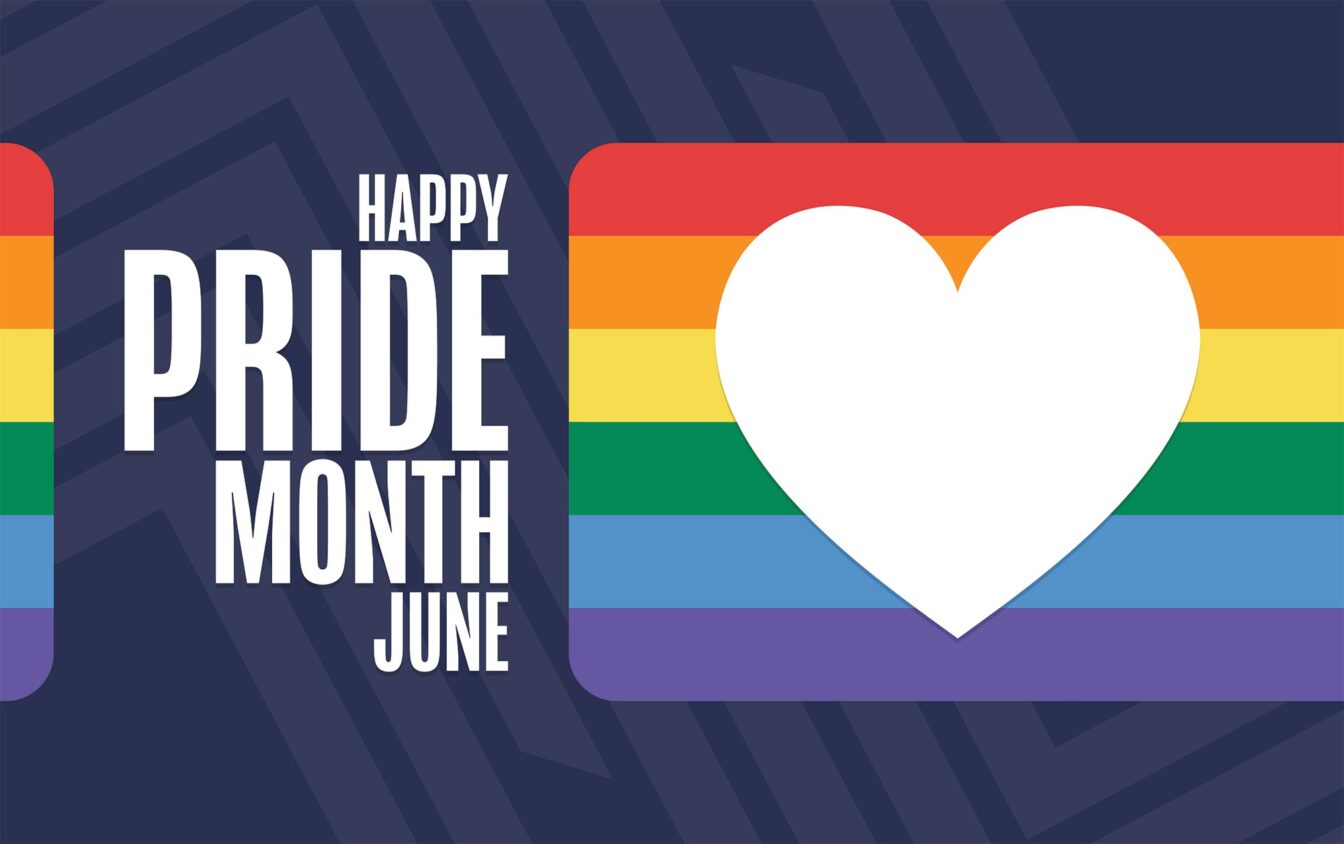LGBTQ2+ Transcend staff reflect on how schools can better serve queer youth and faculty

June is Pride Month, a month-long commemoration of the LGBTQ2+ liberation movement that started in 1969 with the Stonewall Riots. As with other commemorative and historical months, Pride goes beyond donning rainbow-colored gear and flying the Pride flag.
Pride is a time of joy. But as attacks against some of the community’s most vulnerable persist, it leaves people dreaming of a better place in which all LGBTQ2+ people—particularly transgender folx—feel accepted and loved. Transcend turned to its LGBTQ2+ staff to offer up reflections on how schools can better serve their queer students.

Emily Bush, Partner for School Design Services, says schools need to move from “from an attitude of tolerance to one of collective inclusion.” To do this, she says it’s important for schools to recognize the hetero and cisnormative influences and eliminate them. “Back in the late 1960s, the first Pride was a revolt against oppressive laws and stifling societal values,” she says. “As we experience oppression with hateful laws and attitudes still today, our schools have a tremendous opportunity to commit to radical love toward LGBTQ2+ students, staff and families.”
This is particularly important for our LGBTQ2+ students, who experience higher rates of suicide attempts. The Trevor Project finds that LGBTQ2+ youth who said they feel their teachers or professors cared a lot or very much about them was associated with 34% lower odds of attempting suicide in the past year.

Alison Kerr, Partner for Network Learning & Development, draws on her experiences as an educator. It took Kerr moving to another country to garner the courage to come out. She battled with imposter syndrome as she didn’t feel “queer enough.” She’s spent years navigating heteronormative and cisnormative school workplaces—one in which she left because she didn’t feel safe as an employee.
Reports from GLSEN find that as many as one-third of LGBTQ2+ educators felt that their jobs would be at risk if they were out to their administrators and nearly a quarter reported being harassed in the workplace. Practices, curriculum, and policies often vary state-to-state, according to GLSEN.
“I would love to see our system be more intentional about creating spaces of belonging for the LGBTQ2+ community, include topics like sexuality and gender within DEIJ training and have policies on LGBTQ2+ harassment in schools, to name just a few ways,” Kerr says.

Josh Lotstein, Partner for Strategy, uses Pride Month as a time to reflect and think about the time when he was a closeted student and former teacher. He thinks about his sister, who is a teacher and also part of the LGBTQ2+ community, and her kids. He thinks about “the sense of self, purpose and belonging that all of them deserve and that our education system has the power and responsibility to support.”
“We know affirming spaces are better for a child’s well-being. And my hope is that school is one of the spaces for all students and faculty—one where everyone is known, seen, respected and celebrated for who they are and want to be and where young people are prepared to be contributing members of an inclusive and just society.”
We wish everyone a safe and joyful Pride Month as you boldly celebrate your authentic selves!
Transcend supports communities to create and spread extraordinary, equitable learning environments.

